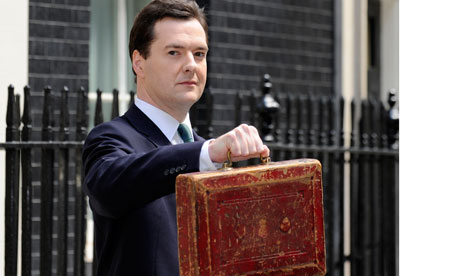| Day | Opening Hours |
|---|---|
| Monday | 8:30am - 6pm |
| Tuesday | 8:30am - 6pm |
| Wednesday | 8:30am - 6pm |
| Thursday | 8:30am - 6pm |
| Friday | 8:30am - 6pm |
| Saturday | 9:00am - 3pm |
Chancellor George Osborne has clamped down on wealthy investors who don’t intend to live in, or rent out, expensive property they buy.

Chancellor George Osborne has clamped down on wealthy investors who don’t intend to live in, or rent out, expensive property they buy.
In the budget Osborne announced that anyone buying a property for £500,000 or more through a company structure now has to pay a 15% stamp duty charge.
The Government also said it would reduce the threshold for the tax charge from the £2m it set in 2012 to homes worth £500,000 – a move that is likely to catch many of those buying an investment property in central London.
The Treasury will reduce the threshold for its annual tax on dwellings bought through a company "envelope" to £500,000, although that will be a staggered change, beginning in April 2015 with the introduction of a £7,000 a year charge on homes worth between £1m and £2m.
The role of overseas investors in stoking London house prices has been a hot topic in recent months and the Government’s aim is to discourage the use of corporate envelopes to invest in high value UK housing which is then left empty or underused.
Philip Alfandary, associate director at Menzies LLP, said: “The extension of the punitive 15% Stamp Duty Land Tax charges and the ATED (Annual Tax on Enveloped Dwellings) to corporate-held properties worth more than £500,000 will affect more people than the clutch of oligarchs with houses in Belgravia it was originally intended to catch.
"Potentially, it could affect mass affluent retirees or people who are already non-domiciled and who wish to engage in legitimate estate planning in relation to UK property. It will also catch many property investors who have legitimately structured their finances. There is a massive element of retrospection as these structures are costly to break away from.”